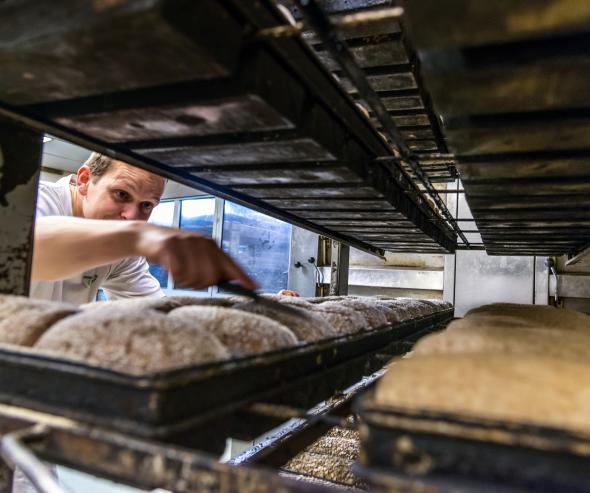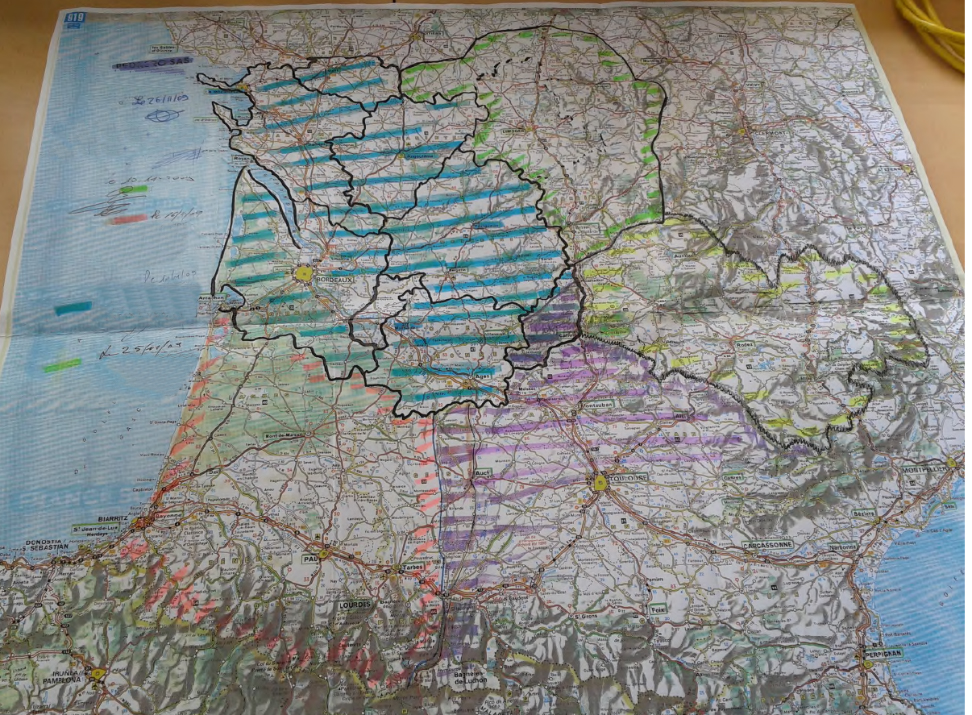The Autorité hands down fines to the cooperative Back Europ for having organised, on the whole of France, a geographical market distribution between its members

Background
The Autorité hands down fines to the cooperative Back Europ for anticompetitive practices. For 30 years, Back Europ defined with each of its members a geographical area within which they had the exclusive business to sell their products and materials to bakers. Back Europ did not dispute the facts and applied and benefited from a settlement procedure. The Autorité fined the cooperative €1.7 million.
Back Europ brings together several wholesalers who supply bakers with raw materials and equipment
Leading network in the wholesale distribution of bakery products and materials, Back Europ is a cooperative that gathers 42 wholesaler-distributors. The latter sell to the bakers, the raw materials they need (salt, sugar, specialized flour ...) as well as specific materials (cleaning products, packaging) allowing them to manufacture and market breads, and pastries.
A sectorisation of the territory, protected by a non-aggression "pact"
The cooperative's articles of association and internal rules of procedure provided that each participating wholesaler-distributor benefits from an exclusive geographic distribution area. In specific terms, Back Europ defined with each of them a geographical area within which the member had the exclusivity to sell its products and materials to bakers.
Each member's area were delimited on captioned road maps, dated and signed by the members. These areas were determined very precisely, sometimes down to the street. Only 4 cities (Paris, Lyon Marseille and Bordeaux) were called "free", that is to say that several members could intervene there.

During his hearing, the president of Back Europ presented the functioning of the sectorisation: "the principle is that a customer is systematically reoriented towards the shareholder in charge of the area where he/she is established if he/she gets in contact with another shareholder. In principle, a shareholder can not deliver a customer located outside his/her area. When a client does not want to work with the shareholder on whom he/she depends, he/she is not delivered by another shareholder. We prefer to lose a client rather than to see shareholders infringe upon their neighbours' areas(...)".
A monitoring and penalty system which enhanced the agreement's efficiency
The internal rules of procedure and the articles of association of the cooperative provided for a control and penalty mechanism. In the event of non-compliance, the litigation would go back to the Board of Directors of Back Europ, which summoned and heard the members concerned. "If I realise that someone, another member, comes to my area, I refer to Back Europ who asks this member to withdraw”. The offender was exposed to a penalty that could result in exclusion.
An effective mechanism since the elements of the case attest that the members have systematically observed, this sharing of the national territory by only intervening in the exclusivity territorial areas which had been assigned to them and refusing to deliver any customer established outside their area. "We do not have any concerns about infringing upon a commercial area. Everyone is playing the game", revealed a member.
An agreement that prevented all members of the cooperative from competing for nearly 30 years
This "pact" of non-aggression and the common discipline of the members made competition impossible between the members of the cooperative and did not allow their customers, the bakers, to benefit from the free competition, for example with regards to the price of the products but also their quality or diversity. The practice proved to be all the more prejudicial since it was implemented since the creation of Back Europ in 1989, almost 30 years ago.
Back Europ did not dispute the facts and applied for the settlement procedure. In this context, the Autorité de la concurrence granted its request and handed down a fine of €1.7 million.